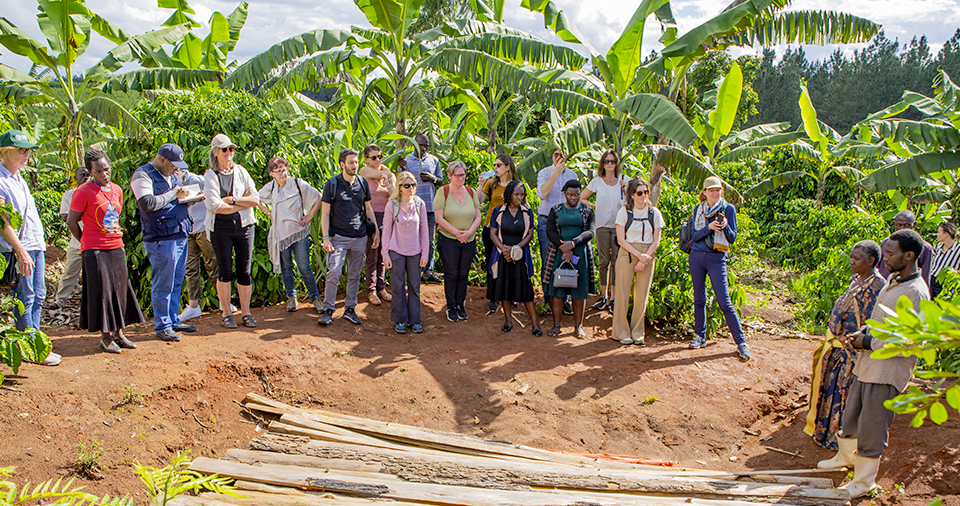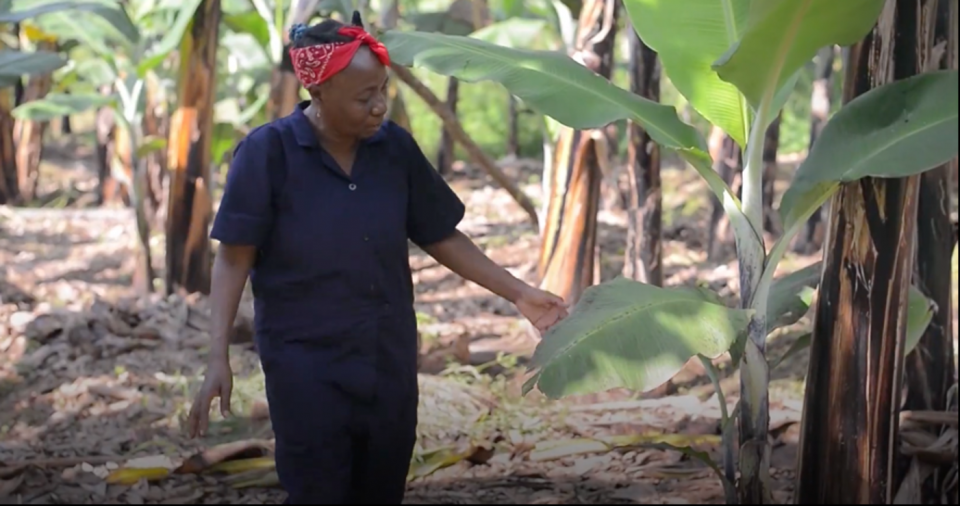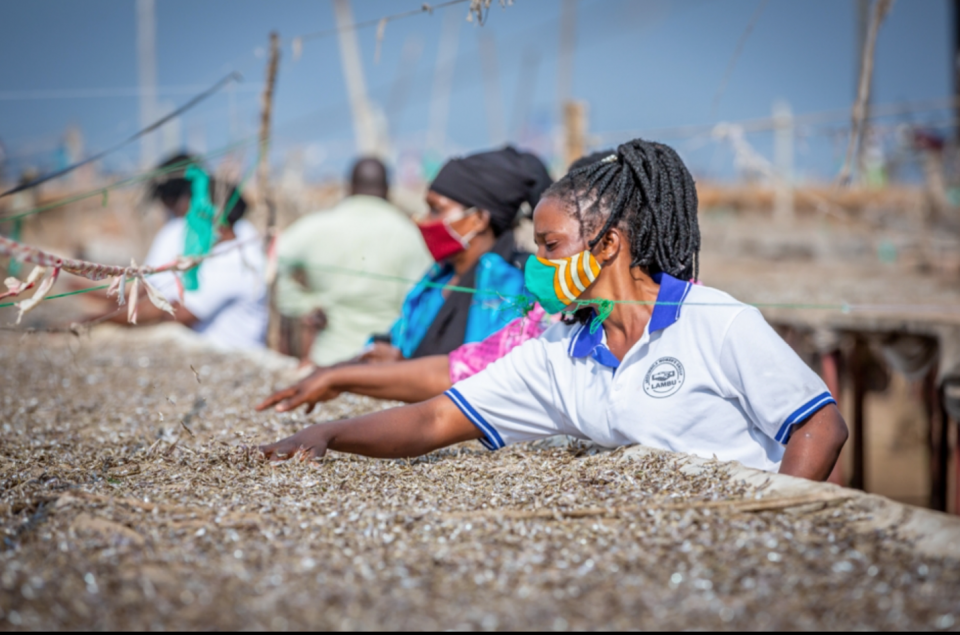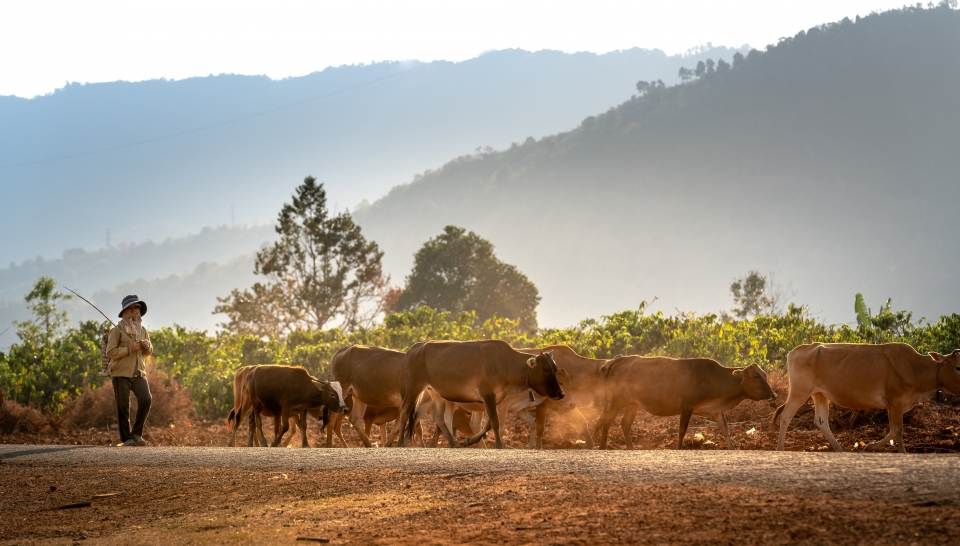Highlights
15/05/2023
Kampala, Uganda – “Uganda is Africa in miniature” said Susan Ngongi Namondo, UN Resident Coordinator, at the wrap up of the Flexible Voluntary Contribution (FVC) Resource Partners’ Field Trip, held in Uganda from 1 to 5 May. “All the development challenges that are faced in the rest of the African continent...
Kampala, Uganda – “Uganda is Africa in miniature” said Susan Ngongi Namondo, UN Resident Coordinator, at the wrap up of the Flexible Voluntary Contribution (FVC) Resource Partners’ Field Trip, held in Uganda from 1 to 5 May. “All the development challenges that are faced in the rest of the African continent...
14/02/2023
Loi Angela Kitamirike in Kawempe Division, Uganda, runs a diaspora-led farming enterprise to support food security and rural development. At her farm, she connects generations with each other which leads to a generational transfer of knowledge.©FAO The government of Sweden, through Sida (Swedish International Development Cooperation Agency), has contributed SEK
Loi Angela Kitamirike in Kawempe Division, Uganda, runs a diaspora-led farming enterprise to support food security and rural development. At her farm, she connects generations with each other which leads to a generational transfer of knowledge.©FAO The government of Sweden, through Sida (Swedish International Development Cooperation Agency), has contributed SEK
14/02/2023
Uganda - Drying racks provided by the project helped improve the processing and the quality of silverfish, making them available for human consumption and sell at higher prices. ©FAO/Agatha Ayebazibwe. The Government of Norway through the Norwegian Agency for Development Cooperation (Norad) has signed a new contribution agreement totalling NOK 180 million (approximately USD 18 million) to support the...
Uganda - Drying racks provided by the project helped improve the processing and the quality of silverfish, making them available for human consumption and sell at higher prices. ©FAO/Agatha Ayebazibwe. The Government of Norway through the Norwegian Agency for Development Cooperation (Norad) has signed a new contribution agreement totalling NOK 180 million (approximately USD 18 million) to support the...
09/02/2023
Sustainable livestock systems can be a major player in the fight against climate change, poverty and food insecurity. By addressing climate change in the livestock sector, countries are doing their part to achieve the Paris Agreement’s long-term objectives, while building more sustainable, climate-resilient and low-emission agrifood systems.
Sustainable livestock systems can be a major player in the fight against climate change, poverty and food insecurity. By addressing climate change in the livestock sector, countries are doing their part to achieve the Paris Agreement’s long-term objectives, while building more sustainable, climate-resilient and low-emission agrifood systems.
Share this page




